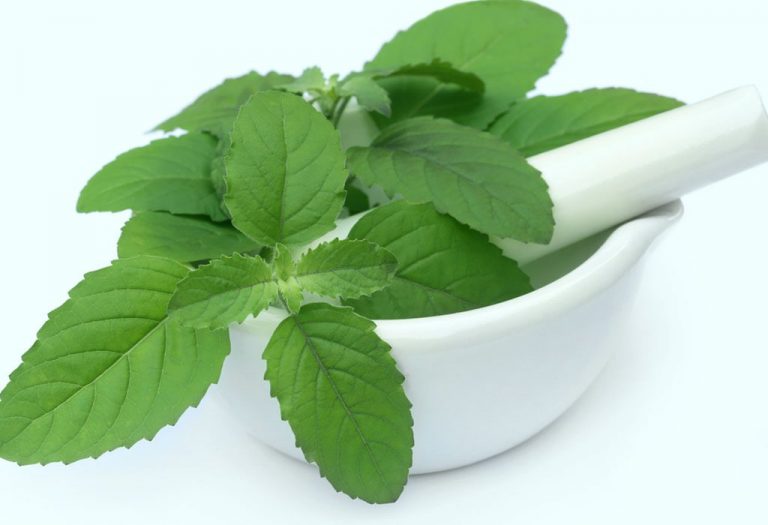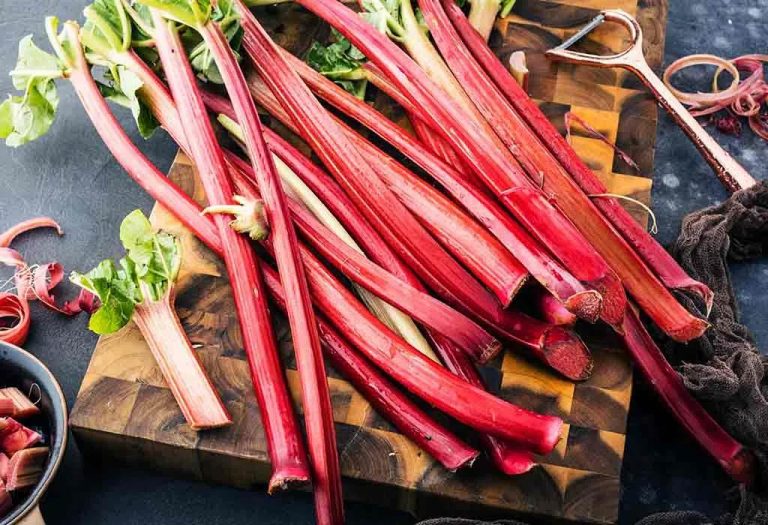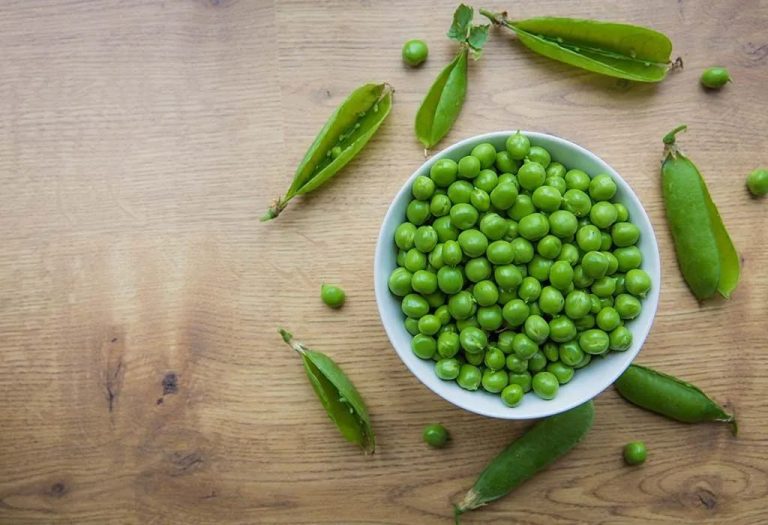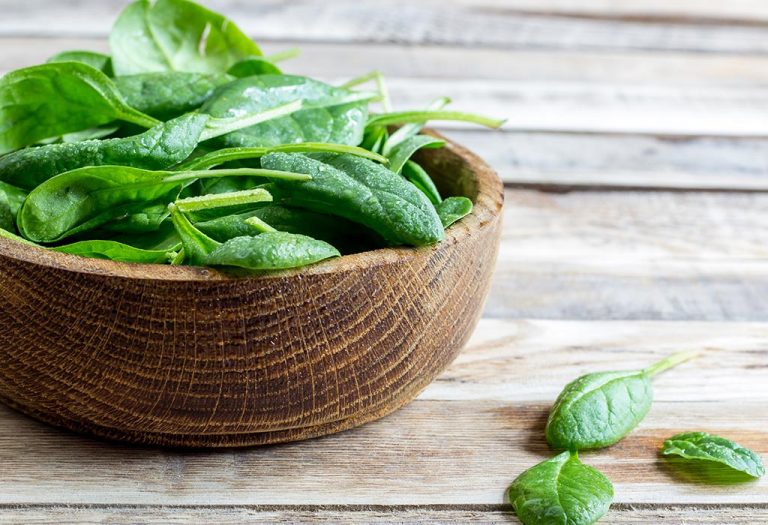Eating Tulsi (Holy Basil) During Pregnancy

The ancient medicinal school of Ayurveda has long upheld the benefits of tulsi. It is an active ingredient in Indian home remedies, providing relief from various conditions. With intense flavour, smell, and highly nutritious properties, it has been used in kitchens for centuries. However, there have been conflicting results in the research conducted with respect to holy basil and pregnancy. Many favour the use of tulsi in pregnancy, while some suggest refraining from eating it. We would also like to remind you that there are several types of basil, although belonging to the same Lamiaceae family. Read on to find out whether tulsi is recommended during pregnancy or not.
What Is Tulsi (Holy Basil)?
Tulsi, or holy basil, is an aromatic herb in the basil family Lamiaceae. Its scientific name is Ocimum tenuiflorum L (1). It has green leaves with a distinct aroma which is sweet and spicy. It is extensively used in soups and salads as a topping due to the flavour it imparts. It is widely available in Asia and Australia and can also be found in other parts of the world due to its popularity. It has also been utilised as a home remedy for various ailments in Indian households for numerous years.
Health Benefits of Eating Tulsi During Pregnancy
Some of the health benefits of eating holy basil during pregnancy are as follows:
1. Rich in Vitamin A
Vitamin A present in holy basil is essential for the development and growth of the foetus. It promotes the development of your baby’s heart, lungs, eyes, and central nervous system (2).
2. Enables Bone Formation in the Foetus
Holy basil has a good amount of manganese, which supports the formation of the cartilage and bones in your baby. Manganese is also a good antioxidant that reduces the risk of cell damage in pregnant women by minimising oxidative stress in women (3). Oxidative stress is a process where free radicals damage cells in the body.
3. Increases Blood Supply
Pregnant women need excess blood to support foetal growth. The folate content in holy basil helps increase the blood supply in your body to meet the requirements during pregnancy. Folate is also found to be beneficial in preventing birth defects in the baby.
4. Prevents Anaemia
Tulsi is a great source of iron, which is essential to keep pregnant women energised. Iron is helps increase the haemoglobin and red blood cells (RBC) count in your blood. This can help prevent the risk of anaemia in pregnant women and prevents fatigue (3).
5. Immunity Booster
Tulsi is a good source of various vitamins and minerals, which improve immunity in pregnant women. It has a good amount of Vitamin C, Vitamin E, niacin, riboflavin, etc and minerals like potassium, zinc, manganese, copper, phosphorous, and magnesium, which can protect you and your unborn baby against infections. It will also help your baby develop properly.
6. Reduces Aches and Pains
The anti-inflammatory property of tulsi is effective in relieving any aches and pains that are common during pregnancy.
7. Regulates Blood Sugar
Tulsi can also reduce stress and regulate blood sugar levels as per Cleveland Clinic (4). Tulsi is also a good remedy for cold and flu and strengthening your lungs.
Side Effects of Eating Tulsi During Pregnancy
Despite the many benefits, tulsi also has a few side effects that may be caused if consumed in excess. Here are some of the risks of eating tulsi or holy basil in pregnancy.
1. It Is a Hypoglycaemic
Hypoglycaemic substances lower your blood sugar levels (5). Hence, excess consumption of tulsi during pregnancy may cause dizziness, tremors, and irritability.
2. It Can Cause Uterine Contractions
Tulsi is known to cause uterine contractions. This is one of the reasons why doctors advise against pregnant and lactating women eating tulsi.
3. It Has Blood-Thinning Effects
Tulsi is known to induce and intensify blood-thinning and cause long episodes of bleeding. Hence, it is not recommended for pregnant women who have disorders that prevent their blood from clotting effectively.
4. It Can Cause Various Health Issues
Tulsi contains an oil called eugenol, which can lead to harmful effects when consumed in excess. It can speed up the beating of the heart, cause burning sensations in the mouth and the throat, and also make your breathing shallow. Furthermore, it can cause dizziness, seizures, bleeding during urination, and in extreme cases, lead to a coma (6).
While there are several health benefits of tulsi, consuming holy basil during pregnancy or when trying to conceive is not safe and should be avoided (5).
Can You Have Tulsi Tea?
While there is conflicting information about the consumption of tulsi tea during pregnancy, certain tests indicate that it can help prevent indigestion, vomiting, and back pain. However, no clinical trials have been conducted regarding the benefits of the consumption of tulsi tea in pregnancy, which is why doctors do not recommend it.
However, tulsi tea is also known to reduce stress by reducing the production of cortisol hormone by the adrenal glands.
Precautions to Take While Consuming Tulsi
If you would like to avail of the health benefits of holy basil during pregnancy and make it a part of your diet, you will need to take the following precautions to ensure safety for both you and your baby.
- Do not consume it in excess. While there is no recommended dosage for adaptogen herbs like basil, herbalists suggest consuming only 115 ml of decoction of the herb three times a day.
- Wash the herbs thoroughly before consumption to clear out bacteria or parasites that may lead to food-borne infections like toxoplasmosis and listeriosis.
- Always consult a doctor before making tulsi a part of your pregnancy diet.
FAQs
1. Can I consume basil pesto during pregnancy?
Sure, basil pesto is safe to consume while pregnant (7).
2. Can basil induce labour?
There is no sufficient evidence to back the inducing of labour by basil alone.
3. Can tulsi treat morning sickness?
Although tulsi, in general, alleviates nausea and vomiting, the safety and efficacy of eating tulsi leaf in pregnancy have not been studied thoroughly (8).
4. In which trimester is it safe to consume tulsi?
There is no scientific guideline on consuming tulsi during pregnancy in the first trimester, second trimester, or third trimester. Therefore, it is advised to consult your doctor for a personal guidance.
Tulsi has a lot of benefits. However, Cleveland Clinic suggest avoiding tulsi supplements completely when pregnant or breastfeeding (4). However, since its effects on pregnant women and the foetus have not been extensively studied, many doctors recommend women avoid pairing tulsi and pregnancy. In case you are considering consuming it on a regular basis, always discuss this choice with your doctor to understand how it may affect you and your baby, in order to prevent any negative effects.
References/Resources:
1. Ocimum Tenuiflorum; ScienceDirect; https://www.sciencedirect.com/topics/agricultural-and-biological-sciences/ocimum-tenuiflorum
2. Vitamin A supplementation during pregnancy; WHO; https://www.who.int/tools/elena/interventions/vitamina-pregnancy
3. Vora. M. S; Rasayana: The Fountain of Life; Google Books; https://books.google.co.in/books?id=xqIVCgAAQBAJ&pg=PT94&dq=basil+contains+manganese&hl=en&sa=X&ved=0CBwQ6AEwAGoVChMIqfb4zLaZxwIV0AWOCh0JQAto#v=onepage&q=basil%20contains%20manganese&f=false
4. The Benefits of Holy Basil (Tulsi); Cleveland Clinic; https://health.clevelandclinic.org/benefits-of-holy-basil
5. Shane-McWhorter. L; Holy Basil; MSD Manual; https://www.msdmanuals.com/en-in/home/special-subjects/dietary-supplements-and-vitamins/holy-basil#Evidence_v61151790
6. Tisserand. R, Young. R; Essential Oil Safety: A Guide for Health Care Professionals; Google Books; https://books.google.co.in/books?id=DbEKAQAAQBAJ&pg=PA204&dq=basil+eugenol&hl=en&sa=X&ved=0CCIQ6AEwAWoVChMI_uKo-7WZxwIVSwiOCh2arAXL#v=onepage&q=basil%20eugenol&f=false
7. Pregnancy Nutrition: What To Eat When Carrying Twins; Texas Health Resources: https://www.texashealth.org/Health-and-Wellness/Women-and-Infants/Pregnancy-Nutrition-What-To-Eat-When-Carrying-Twins
8. Cohen. M. M; Tulsi – Ocimum sanctum: A herb for all reasons; J Ayurveda Integr Med.; PubMed Central; https://www.ncbi.nlm.nih.gov/pmc/articles/PMC4296439/; October-December 2014
Also Read:
Consuming Mint when Pregnant
Is It Safe to Eat Neem in Pregnancy?
Eating Betel Leaf (Paan) during Pregnancy
Is Consumption of Curry Leaves Good in Pregnancy?
Was This Article Helpful?
Parenting is a huge responsibility, for you as a caregiver, but also for us as a parenting content platform. We understand that and take our responsibility of creating credible content seriously. FirstCry Parenting articles are written and published only after extensive research using factually sound references to deliver quality content that is accurate, validated by experts, and completely reliable. To understand how we go about creating content that is credible, read our editorial policy here.




































